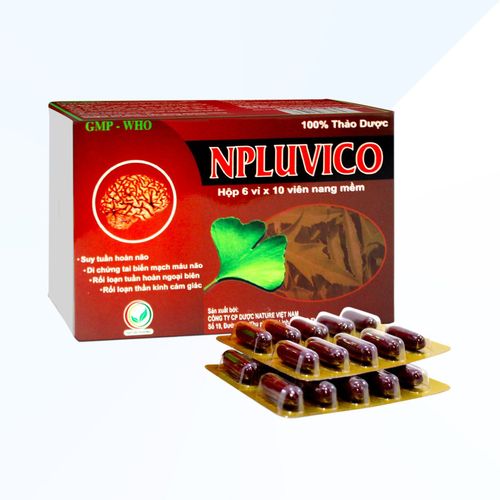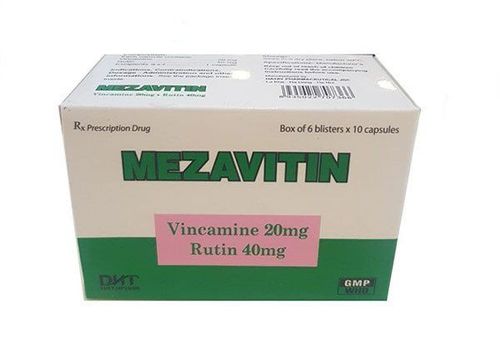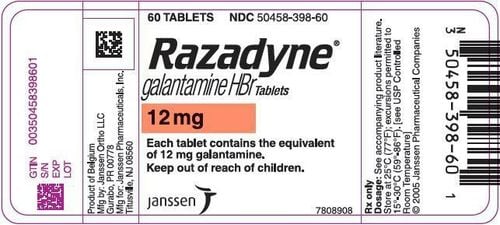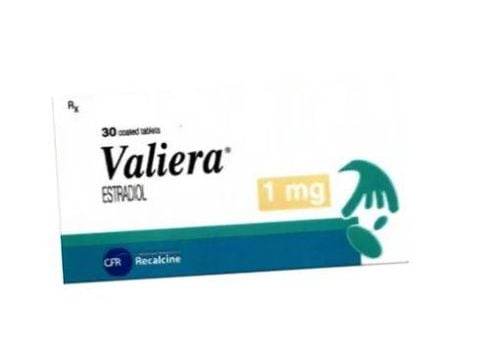This is an automatically translated article.
Dementia rates are increasing around the world. Some researchers have found that dementia rates are higher in women than in men, with several reproductive factors linked to an increased risk of the disease. To learn about hormone use in women and its association with dementia risk, read through the article below.
1. What is dementia?
Dementia is a condition that causes a decline in memory and self-care. There can be many causes of dementia, of which Alzheimer's disease is the main cause, in addition the cause can be vitamin B deficiency, injury, tumor, genetic factors. ..
It is found that the prevalence of dementia is higher in women than in men. There is not enough evidence to support why women are at higher risk of dementia. So researchers have assessed the link between sex hormones and dementia, which is probably the most obvious difference between men and women.
2. The link between estrogen and dementia in women
It is estimated that up to 50 million people are living with dementia globally and this number could triple by 2050. Mitigating and correcting risk factors can help To reduce the burden associated with dementia, to date there is no effective treatment for dementia. Therefore, studies are conducted to find out what risk factors are associated with the development of dementia.
One of the factors evaluated in the studies included:
Age at the onset of menstruation. Menopause age. Reproduction and some endogenous estrogenic changes occur. Hysterectomy, ovaries. The use of exogenous hormones, such as birth control pills and hormone replacement therapy (HRT) can also affect hormone replacement therapy (HRT) estrogen levels. In addition, in the studies men were included for comparison between the sexes. The studies also assessed other related factors such as body mass index, smoking...
After the study, the researchers found some link between the hormone estrogen and the risk of prolapse. Dementia:
For people with natural menopause, a prolonged reproductive period is associated with a lower risk of dementia. In the case of exogenous hormone use, oral contraceptive use was associated with a lower risk of dementia. Early menopause, removal of the ovaries, and early or late first period are all associated with an increased risk of dementia in women. After menopause, estrogen levels drop dramatically. In a study when MRI brain scans of women showed that women who took estrogen during menopause had larger hippocampus. The hippocampus is one of the brain's most important structures for memory and spatial orientation, and it is affected early in the course of Alzheimer's disease. But another study showed that if women started taking estrogen a few years after menopause, estrogen would not have the same effect on the hippocampus. That is, estrogen can help maintain the reduction of brain cell atrophy, reducing the occurrence of dementia. In summary, a decline in estrogen levels increases the risk of dementia in women. When using a source of estrogen can reduce the formation of dementia.
3. Things to note about estrogen supplements for women
Dementia is a disease that greatly affects the economy and resources, currently there is no cure. Through the above studies, it can be found that the use of estrogen from outside helps to reduce the risk of disease. However, for reasonable supplementation, it is necessary to note the following points:
It is advisable to supplement estrogen sources at the end of the years when signs of perimenopause begin. Note that taking estrogen is associated with an increased risk of some cancers, but a reduced risk of hip fracture and colorectal cancer. In addition, more recent studies have shown that estrogen has a protective effect on the brain if estrogen is started around menopause, but can be harmful to women if taken more than a few years after menopause. Estrogen should only be supplemented through food sources to help reduce memory loss. As for the supplement with medication or called hormone replacement therapy, it needs to be prescribed by a doctor and only used in certain cases. The relationship between the hormone estrogen and the risk of dementia in women is not so clear. Because there are many other connections that can affect this disease. However, the use of plant-based estrogen supplements can be helpful and help relieve some other conditions caused by declining estrogen levels. In the future, more rigorous trials of the use of exogenous hormones may be needed to control dementia risk.
Please dial HOTLINE for more information or register for an appointment HERE. Download MyVinmec app to make appointments faster and to manage your bookings easily.
Reference source: news-medical.net












